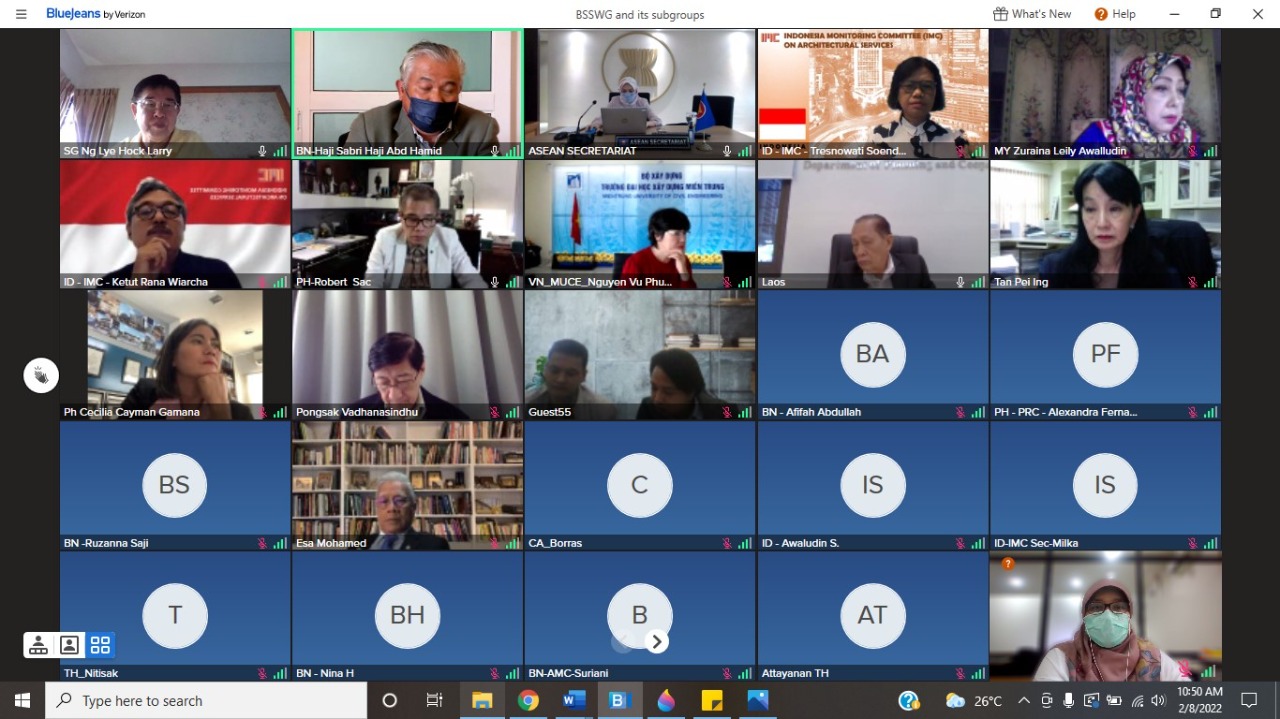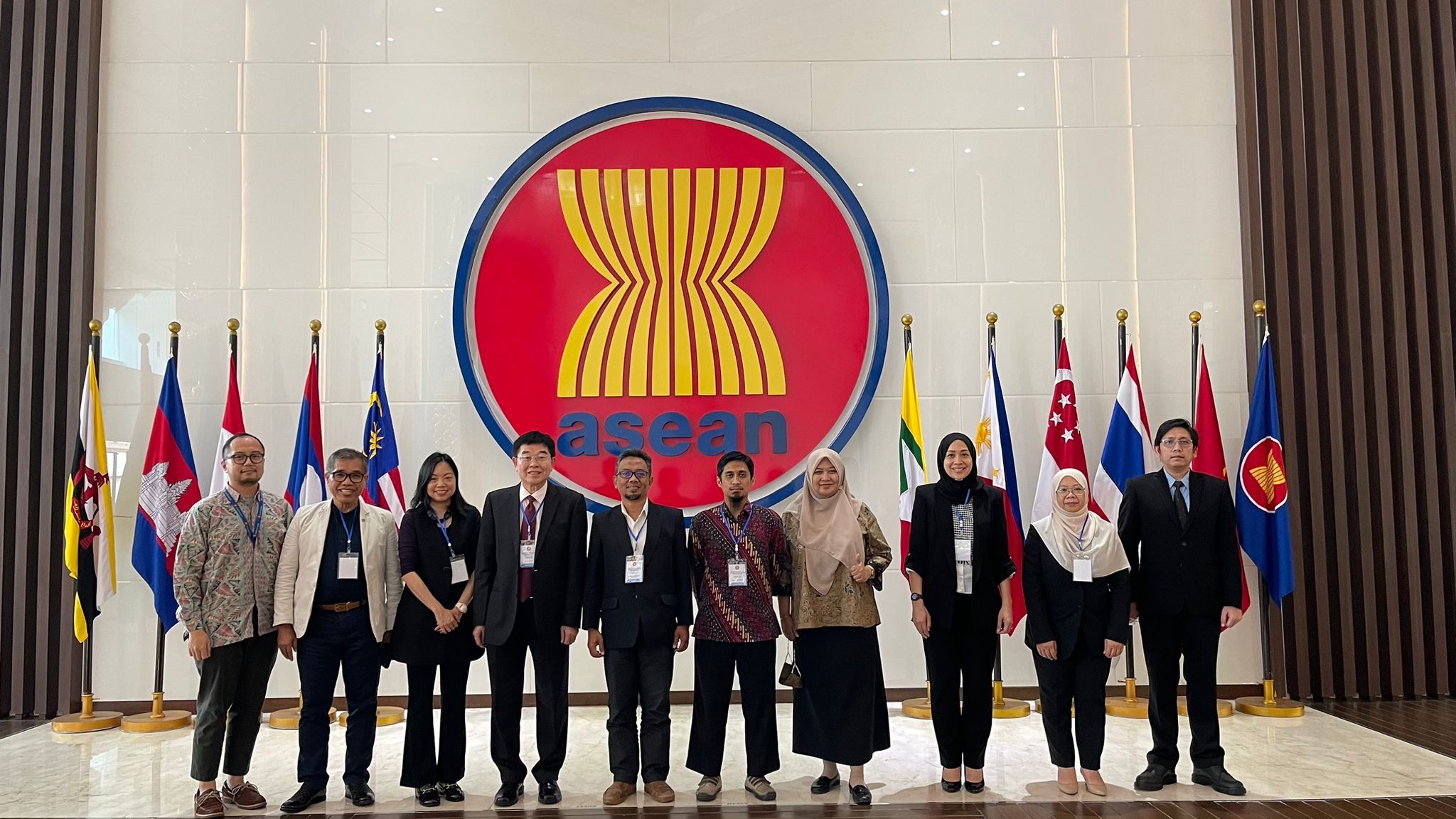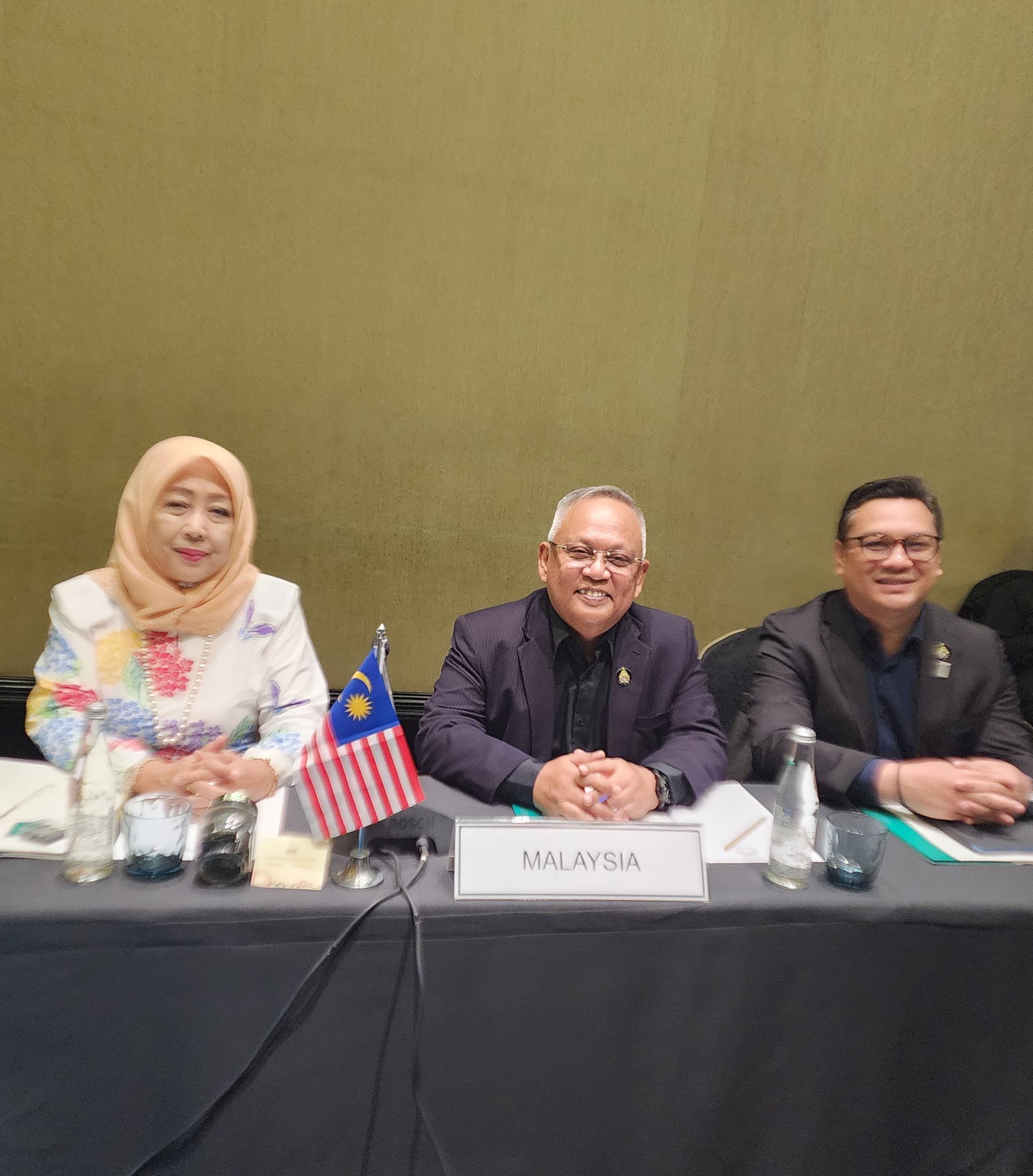
Video Conference — 8 February 2022
The ASEAN Architect Council (AAC) has taken significant steps toward strengthening digital integration, streamlining registration processes, and promoting professional mobility across the region. These developments were announced during the 42nd ASEAN Architect Council Meeting held virtually on 8 February 2022, back-to-back with the 100th Meeting of the ASEAN Coordinating Committee on Services (CCS).
The AAC Secretariat presented updates on the ASEAN Architect website, including the integration of updated AA lists from Brunei Darussalam and improvements to hyperlink accuracy. Delegates highlighted several issues such as incorrect links to programme documents, prompting a request for Secretariat cross-checks and corrections. The Philippines also launched its national website (https://www.aseanarchitectsphilippines.org/) and recommended that all ASEAN Member States (AMS) create similar platforms to be hyperlinked to the AAC website for enhanced visibility and coordination.
Discussions also explored granting AMS direct access to update their respective databases, though security considerations led to the decision to continue updates through official Secretariat email channels. To further promote architect mobility, it was agreed that AA email addresses would be added to the website, with AMS tasked to provide updated contact information.
The Council approved 2 new ASEAN Architect (AA) applicants from Cambodia and 7 from Viet Nam. At the same time, several AMS—including Cambodia, Indonesia, Brunei Darussalam, Lao PDR, the Philippines, and Singapore—reported deregistrations, resulting in updated cumulative figures of 656 registered AAs and 619 active AAs region-wide.
The meeting agreed to focus future reporting exclusively on active AA numbers for both internal reporting and website publication. Each AMS will submit their updated active list before every meeting, ensuring streamlined and accurate data sharing.
A major policy shift was also agreed upon: the reduction of required years of professional experience to apply for ASEAN Architect status. Under the new policy, architects will need only two years of post-graduate experience and five years post-licensure, down from the previous ten-year requirement. The ASEAN Secretariat has been tasked with clarifying procedures to operationalise this amendment to the MRA on Architectural Services.
The Council noted no new submissions on Registered Foreign Architect (RFA) applications since the 38th AAC Meeting. Existing RFA documents remain in effect. The Philippines informed the Council of ongoing discussions with its Department of Trade and Industry and Board of Investment to propose that infrastructure investments require the deployment of ASEAN Architects. While recognising potential WTO/GATS constraints, the Council noted that enhancing collaboration among ASEAN architects is essential for advancing mobility.
The 29th ASEAN Architect Education Committee (AAEC) meeting highlighted that architectural education must be no less than five years under MRA requirements. Indonesia outlined its flexible education pathways, combining undergraduate and professional or master’s programmes. Several AMS shared best practices in online learning, including hybrid classes, learning videos, and research-based examinations.
Viet Nam announced plans for a student architectural festival in April 2022, and the AAEC congratulated Malaysia and the Philippines for hosting the International Architectural Education Exhibition & Conference and the International Conference of Architects, respectively.
Updates were received from Malaysia and Singapore on the AAC Survey on Architectural Practice. No new submissions were noted for the Qualified Person for Building Permit Submissions survey. The meeting also highlighted regional knowledge-sharing activities, such as Viet Nam’s CPD seminar featuring Singapore’s architectural practices, and encouraged AMS to increase peer exchanges.
The Council discussed the possibility of launching an ASEAN Architecture Pilot Competition, contingent upon an AMS identifying a suitable pilot site. Brunei Darussalam indicated potential interest in proposing a site. The Philippines suggested elevating the competition site discussion to CCS through BSSWG.
The 43rd AAC Meeting will be held back-to-back with the 101st CCS Meeting, with details to be announced intersessionally.
Yogyakarta, Indonesia — 16 May 2023
The ASEAN Architect Council (AAC) advanced its agenda on regional professional mobility, education collaboration,...
read
more

Jakarta, Indonesia — 21 February 2023
The ASEAN Architect Council (AAC) continued to strengthen regional cooperation and professional mobility during...
read
more

Penang, Malaysia — 12 February 2025
The ASEAN Architect Council (AAC) marked a significant milestone at its 50th Meeting, held on 12 February 2025 in...
read
more